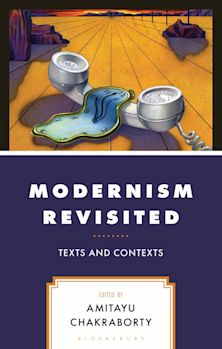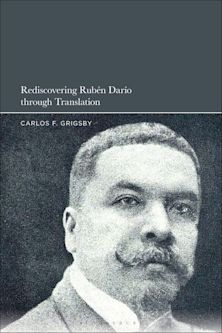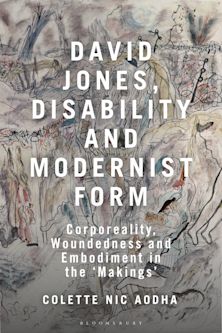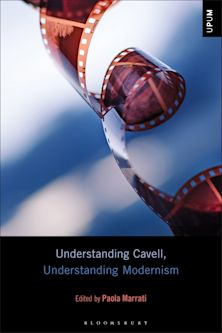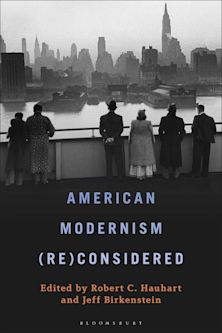This product is usually dispatched within 1 week
- Delivery and returns info
-
Free CA delivery on orders $40 or over
Description
Providing one of the first book-length accounts of Samuel Beckett's poetry, this work illustrates how Beckett's poetry, and its failures, reconfigure the lyric form. Reading Beckett alongside nineteenth and twentieth century European poets such as Hölderlin, Mallarmé, Rimbaud, Montale, and Apollinaire, the book situates failure in the triangulation of the lyric impulse, subjectivity, and the human voice.
Beckett, in his poems, employs lyric tactics that range from deixis, parataxis, and caesura to specific kinds of timbre, resonances, and punctuations. These tactics situate the poetic voice in the liminal points between life and death, event and non-event, beginning and ending, and more broadly, between expression and failure. The book frames these liminalities under the rubric of 'lyric failure'.
Moving beyond the usual comparisons with his prose and drama, the study highlights failure as a generative force that structures Beckett's anti-expressive poetics.
Table of Contents
Chapter 1: Survival
Chapter 2: Event
Chapter 3: Timbre
Chapter 4: Endings
Chapter 5: Coda: On Form
Bibliography
Product details

| Published | Mar 06 2025 |
|---|---|
| Format | Hardback |
| Edition | 1st |
| Extent | 256 |
| ISBN | 9781350464186 |
| Imprint | Bloomsbury Academic |
| Dimensions | 234 x 156 mm |
| Series | Bloomsbury Studies in Critical Poetics |
| Publisher | Bloomsbury Publishing |
Reviews

ONLINE RESOURCES
Bloomsbury Collections
This book is available on Bloomsbury Collections where your library has access.














